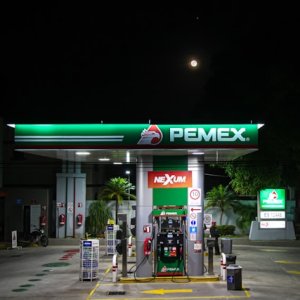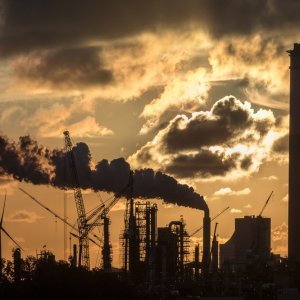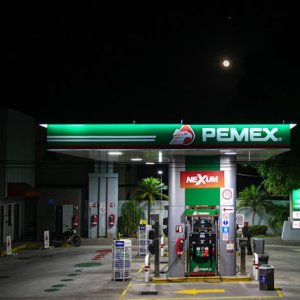Determining Which Industry Growth Factors Are Here to Stay

STORY INLINE POST
Q: What were the most important changes in the oil and gas industry throughout 2021?
A: The industry’s ongoing digital transformation was the most important change. This process was advancing before the pandemic but this year really accelerated the pace. Companies even found new ways to manage quality control processes, such as those related to ISO 9000 standards. This represents a fundamental change for the industry. Another change that cannot be ignored is the price of oil. The industry is reaching benchmarks that have not been seen since 2014. We saw oil prices reach a new negative benchmark as well when COVID-19 first began shutting down economies in April 2020. However, geopolitical developments have swung the pendulum toward the other end of the spectrum.
Q: How did the acceleration of the industry’s digital transformation impact your daily operations?
A: We had to reinvent ourselves but certain aspects of our work remain unchanged. While almost all our meetings now happen digitally, our environmental impact inspections still need to take place on-site at plants, terminals and other oil and gas facilities, both offshore and onshore. The regulators we work with streamlined their processes throughout the pandemic too, eliminating bureaucratic issues that were quickly rendered unnecessary or unworkable. In that sense, both our operations became much more efficient, even though the industry's operations were never paused because they were declared essential economic activities from the outset of the pandemic.
Q: How have the changes in oil prices impacted the rhythm of drilling activity and investments?
A: We see the industry receive volumes of investments that make up for what was lost in the past few years, in part because of an oil price situation defined by volatility. At the same time, it is hard to imagine how sustainable this trend is on a long-term basis. High oil prices can also end up generating fewer benefits than expected for Mexico, particularly if this trend makes our crude compete more actively with lighter crudes from other countries that are ultimately more in demand for refining purposes, even for local buyers.
The ultimate benefit of this market situation will be defined over the coming months. We see it as an anomaly that will be corrected in the short term. If we want this economic boom to become sustainable, we need to continue increasing our deployment of seismic studies, restart bidding rounds and continue finding new vehicles for foreign investment. We need more exploration investment to better define our reserve incorporation, as well as a timeline that can guarantee a continuity of sustainable production levels. Bidding rounds also play a role in this, as each round guarantees a generous investment volume in seismic studies and other exploration activities.
Q: What are the most important conversations that you have had with new clients?
A: We have expanded our activities in line with the change in industry paradigms, which are driven by the modifications in government policy. New activity is not necessarily defined by drilling and exploring further wells, so we have reinvented our service portfolio. As a result, our client portfolio is now much more diverse.
We are deepening our involvement in environmental, social and governance (ESG) matters and their relationship to anti-fraud guidelines. Oleum is interested in how the social benefits of oil and gas exploration activity can be better generated and shared. We are helping our clients monitor and supervise their suppliers and service providers more closely. While the industry’s regulatory framework has not changed from a legal or legislative perspective, the criteria that regulators are applying to private operators are different. Therefore, we aim to help our clients as much as possible with these shifting expectations.
Oleum’s core services continue to be focused on environmental regulation compliance, although social engagement is becoming an increasingly important segment. The company’s relationship with regulators like ASEA and CNH has become all the more essential throughout this diversification process: ESG factors play a larger role in every step of a project’s development. This includes the funding stage, so banks now ask about ESG compliance and are interested in a project’s proximity to regulating entities, as well as to the standards necessary to guarantee compliance. We see a positive change taking place in the industry, since the channels of communications between these different areas are becoming more comprehensive.
Oleum Servicios y Dictaminación Técnica is a Mexican company that offers a variety of services, including technical opinions and evaluations, engineering and consultancy.








 By Pedro Alcalá | Senior Journalist & Industry Analyst -
Mon, 04/18/2022 - 12:26
By Pedro Alcalá | Senior Journalist & Industry Analyst -
Mon, 04/18/2022 - 12:26
















